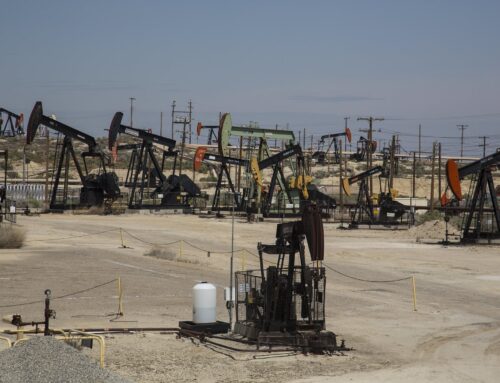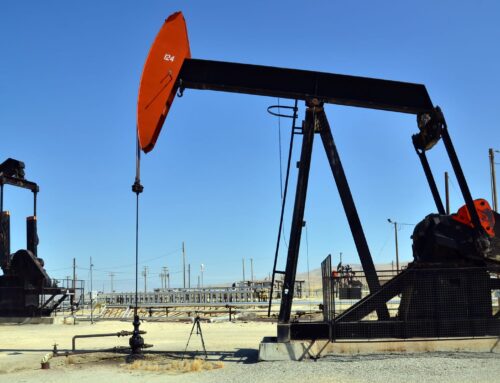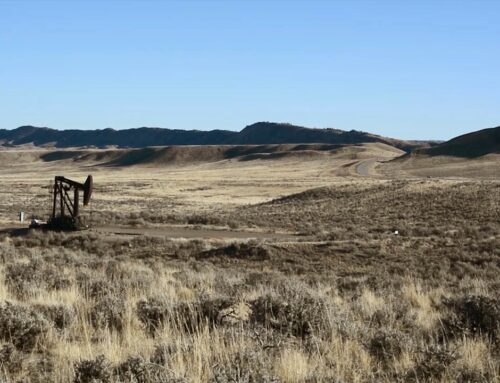The Office of Surface Mining Reclamation and Enforcement (OSMRE), in a new policy advisory to states on surface coal mining, says that coal companies should be forced to set aside collateral to pay for future mine cleanups. Companies self-bond, or essentially self-insure, the costs of reclaiming old mines, a process that has failed and may force taxpayers to shoulder the liability. OSMRE has been considering changes to self-bonding rules to ensure that companies with a history of financial insolvency, and their subsidiaries, are not allowed to self-bond coal mining operations.
Today’s guidance says state regulatory authorities that have elected to accept self-bonds should immediately review the financial health of self-bonded companies to determine if they are still eligible. The states, OSMRE says, should exercise their discretion to deny any new or additional self-bonds until the coal market recovers (which may not be until 2021). Any new company that emerges from bankruptcy, OSMRE adds, should continue in business for at least five years before becoming eligible for self-bonding.
In our comments to OSMRE, TCS said the agency needed to immediately respond to obvious violations of the intent of existing self-bonding regulations–namely that only financially healthy companies can qualify. We also said OSMRE should require any assets used to self-bonding must be “free and clear” and not pledged as collateral for other forms of corporate debt. Further, the agency should define financially healthy companies as those with an investment-grade bond rating.
This week, Peabody Energy Corp asked the bankruptcy court in St. Louis for permission pay up to $11.9 million in bonuses to executives. If it follows the same blueprint as other bankrupt coal companies, Peabody will soon be asking for permission to write down its outstanding liabilities to clean up abandoned mines. Taxpayers would likely be stuck with the bill.
We wrote about Peabody’s imminent bankruptcy and what it could mean to taxpayers back in March and June. Peabody’s filing follows similar requests from other bankrupt coal companies. Arch Coal Inc., for instance, paid more than $8 million in bonuses to its top executives last January, just days before the company filed for bankruptcy protection after reporting a net loss of more than $2.9 billion for 2015. That same month, a bankruptcy judge in Richmond, Virginia, ruled that Alpha Natural Resources could also pay potential bonuses of up to $11.9 million to senior managers.
Beyond the perverse logic of paying performance bonuses to executive of bankrupt companies, it’s troubling that these same companies are also asking bankruptcy courts to relieve them of millions in liabilities for restoring abandoned mines.
Like other coal companies, Peabody has significant liabilities in the form of self-bonded reclamation costs, roughly $2 billion in its case. Self-bonding reclamation costs should cover reclamation and cleanup of closed mines. When a company self-bonds, it is similar to self-insuring, so it needs to have reserves on hand to cover the costs; in contrast, if a company had a third party surety bond, there would be another source of funds to cover the liability.
In Arch’s bankruptcy proceedings, only $75 million of its $485 million in self-bonded reclamation liabilities were secured. Alpha Natural Resources was similarly approved to guarantee only $61 million of its $411 million in self-bonding obligations in bankruptcy proceedings.
OSMRE’s new guidance is also part of a larger review the Department of the Interior is doing of the entire federal coal program. Read our comments on that review for more information.










